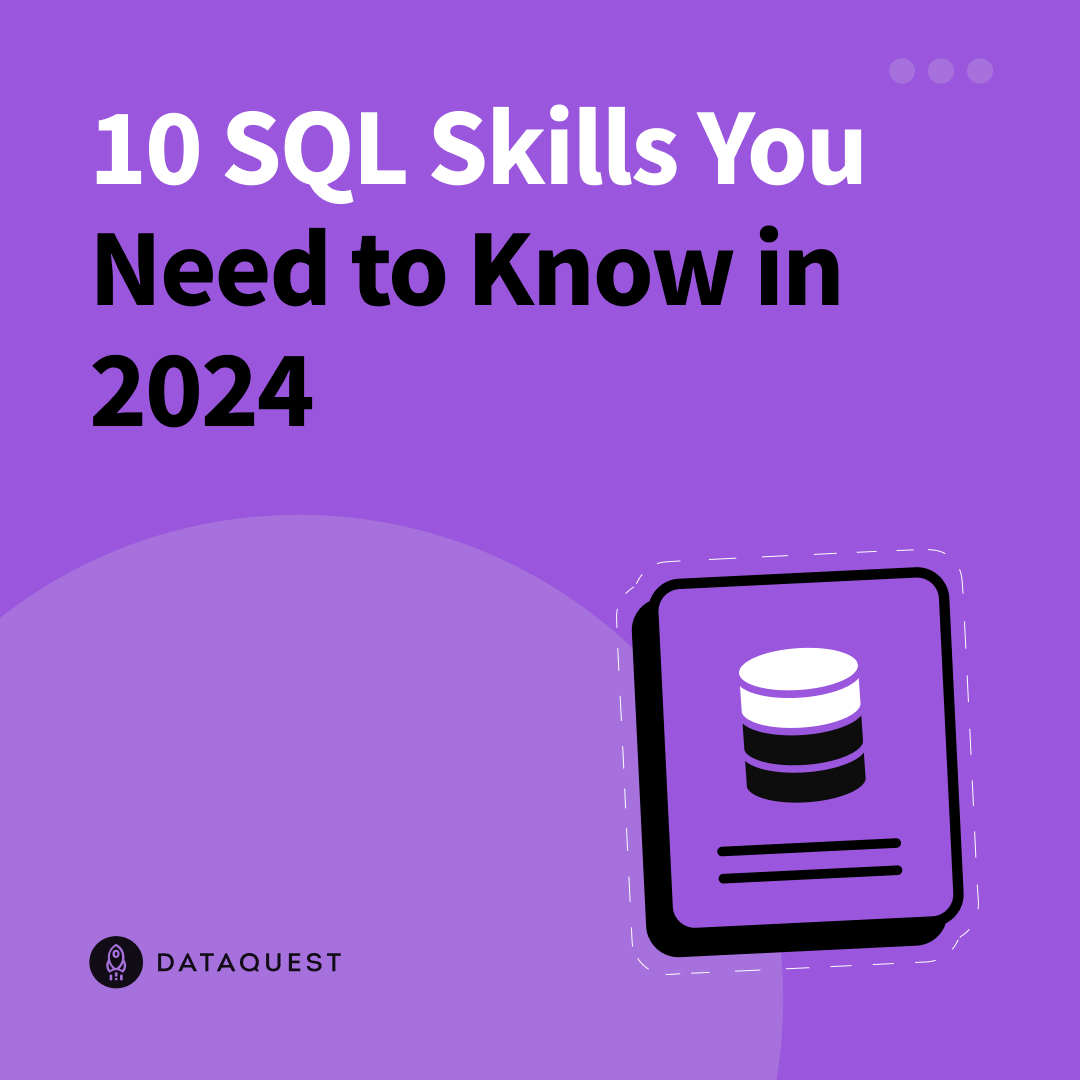Combining explorative data analytics, geospatial data, and network science in Python to overview 35k+ EU-funded projects.
All images created by the author.
The Horizon 2020 was the EU’s research and innovation funding program from 2014–2020 with a budget of nearly €80 billion, funding research projects across the continent at various scales, covering topics from Anthropology to Particle Physics. As these grants usually funded international research, many of them were awarded to joint efforts of collaborative parties.
In this piece, I aim to explore some basic cross-sections of the rather rich data sets published about H2020 to have a brief overview on how these chunks of EU fundings were distributed across thousands of actors and hundreds of research topics. For that, I will use data shared by CORDIS. These data sets, owned by the EU, are authorized under the Creative Commons Attribution 4.0 International (CC BY 4.0) licence, providing a great playground for anyone interested in explorative data science or EU funding (or both).
In this article, I first conduct explorative analytical steps to capture the major trends of the data set, such as most funded topics and institutions. Then, I show a quick way to use Python to create an interactive map visualization highlighting the spatial and funding distributions of the funded organizations. While this map shows each organization as an independent entity, the EU funding schemes are highly built on collaborations. Hence, in the last part of this article, I build and visualize the collaboration network of funded entities.
Additionally, this analysis aims to highlight the potential of using various branches of data science to analyze the results of large-scale policies and propose the incorporation of data-driven measures for designing better future policies and monitoring mechanisms.
While the CORDIS website lists more than 20 different data files, I will only focus on the parts here.
That contain general H2020 project information, such as including participating organizations, and project themes based…






















